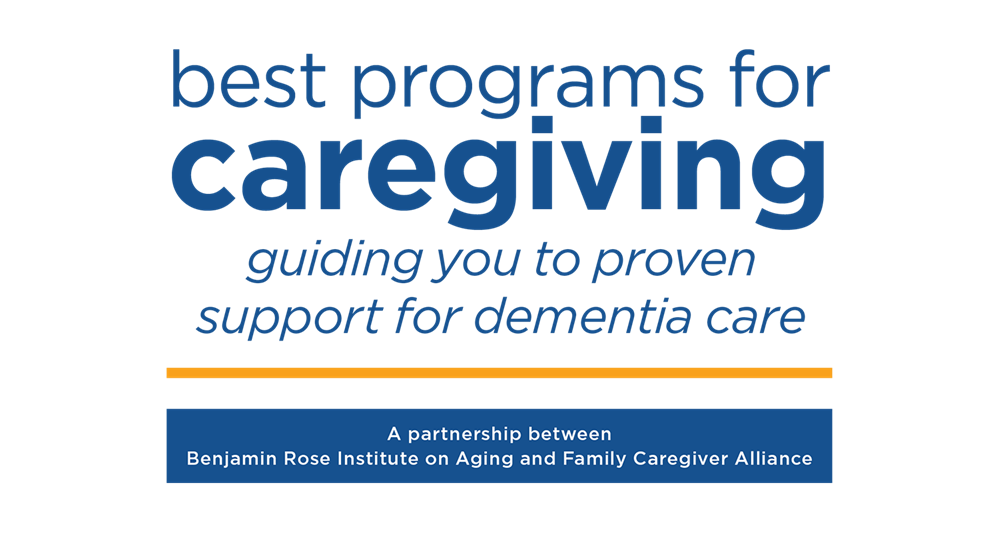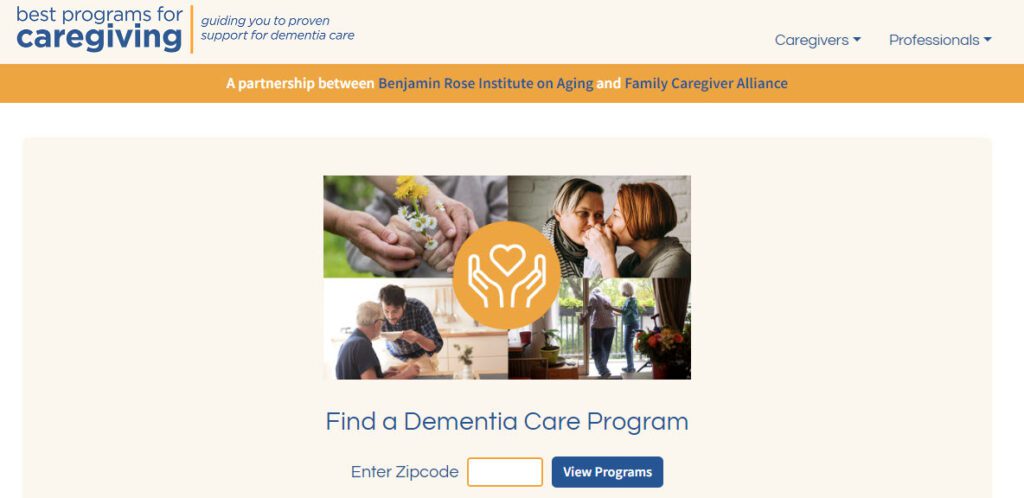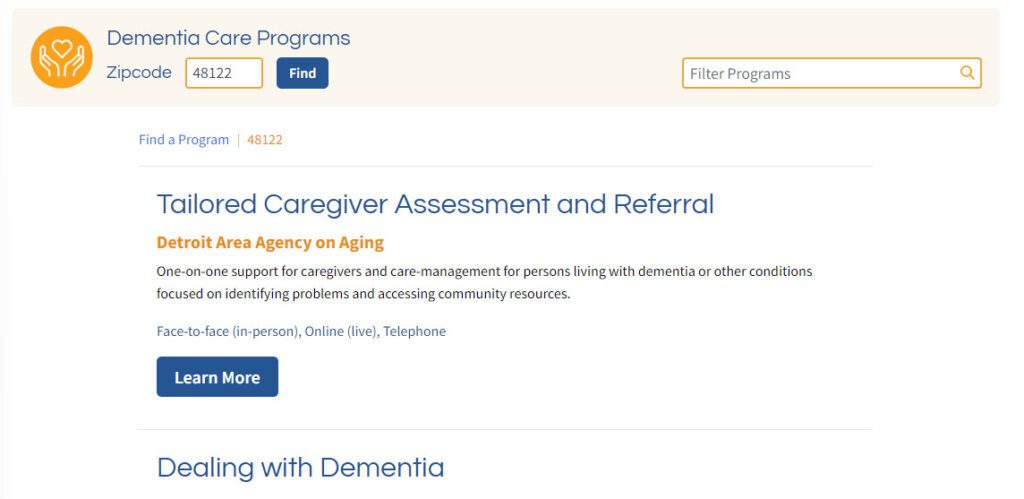
When talking about caregiving challenges, it’s easy to focus on the practical difficulties, like dealing with dementia and incontinence, responding to difficult behaviors, and trying to find enough hands-on support. Yet, there’s an even bigger area to talk about – knowledge.
Family caregivers are typically thrown into the deep end.
It’s often a matter of learning as you go, which involves a fair amount of trial and error, and probably quite a few mistakes along the way. This is tough enough when you’re caring for an aging parent who is mentally competent. The difficulties increase dramatically for seniors with dementia.
To make matters worse – you don’t know what you don’t know. You also don’t know what specific challenges are around the corner and may be scrambling to learn if things change suddenly.
Professional caregivers have big advantages here, as they’ve been through considerable training. This makes them better equipped to deal with any challenges that arise.
Thankfully, there are training opportunities for family caregivers too.
Such training does more than just provide information. It also helps increase your confidence and shows you where to turn to find more education and support.
The Best Programs for Caregiving
Today, we want to talk about one specific source of information – a site called the Best Programs for Caregiving (BPC). The Best Programs for Caregiving was developed as part of a partnership between the Benjamin Rose Institute on Aging and the Family Caregiver Alliance and offers a comprehensive database of programs that are powerful for dementia caregivers.
Their site offers two main sections: Dementia Care Programs for Family Caregivers and Dementia Care Program Info for Program Providers. We’re interested in the first of these, as it is specifically designed for family caregivers.
Using the Dementia Care Programs for Family Caregivers Database
To get started with the database, you simply need to enter your zip code.

You are then taken to a list that includes dementia care programs in your area and those that are offered online.

Once you click on an entry, you’re provided with details about the program, including:
- The type of help the program offers
- Program fees and payment options
- How to enroll
- The service region
- Number of sessions, duration, and the type of program materials
- A link for more program information
- Details about the organization hosting the program and contact information so you can connect with them
You can also filter the list by specific details, like getting it to show only online programs or only ones available face-to-face.
How the Database Helps
You Actually See All the Programs
Databases like this are powerful because they provide detailed tailored information right at your fingertips.
This is much better than searching for programs online, especially as search engines never show you everything. Some results simply don’t come up in your searches, while you’ll also end up seeing plenty of results that aren’t relevant to you at all.
The Database Saves You Time
Plus, with a list of programs in your area, you can start by scanning the programs on offer, then dig more deeply into the ones that interest you. This is a very efficient way to find programs, which is powerful, as caregivers are often very short on time.
Along the way, you’re learning about the types of programs that are out there. This might give you ideas about other things to search for and questions to ask.
You Can Search For Programs in Other Areas
The ability to search by ZIP code makes it easy to find programs hosted in other parts of the country. This is perfect if the senior lives in a different part of the country to you – or if you’re planning to move.
Learning about programs from other states is surprisingly difficult if you’re just relying on search engines like Google. Such tools prioritize local programs (even when you tell them not to!).
These Are High Quality Programs
The Best Programs for Caregiving database isn’t simply a collection of programs that might help.
Instead, programs were carefully researched and only high quality evidence-based programs were included in the database. This means you can be confident that every program offers quality information and has the potential to help.
This is fantastic.
The last thing you want is to spend your precious time and money on a program that teaches you nothing. Or, worse still, doing so for a program filled with inaccurate and potentially harmful advice.
Examples of Featured Programs
The best thing you can do is check out the program list for yourself. This gives you the best sense of the programs available and the type of support you can find.
But, to get the ball rolling, let’s look at a few of the programs and what they offer.
Dealing with Dementia

Dealing with Dementia is a group education program that focuses on coping, stress management, care planning, encouraging healthy behaviors, and managing symptoms. It’s a free program that can be accessed online throughout the country. It’s also provided in-person in Tarrant County, Texas.
Powerful Tools for Caregivers

Powerful Tools for Caregivers focuses on helping caregivers to reduce stress and cope better with their role. The classes meet once a week for six weeks, both virtually and in-person.
The in-person versions are available in a variety of locations throughout the United States, increasing the chance that you’ll find one in your area. Attending in-person also gives you the chance to connect with other caregivers, which is a powerful feature all on its own.
Mindfulness-Based Dementia Care

As the name suggests, Mindfulness-Based Dementia Care focuses on teaching mindfulness approaches to help with dementia care.
This is actually a powerful approach, as mindfulness really can improve the caregiver experience. And, while there are plenty of ways to learn mindfulness practices, most don’t look at the specific ways that mindfulness applies to caregiving.
Final Thoughts
A lot of time and care has gone into the Best Programs for Caregiving database. The end result is a comprehensive list of programs that can help dementia caregivers.
The information isn’t limited to dementia caregivers either. Some of the programs on the list are relevant to other caregivers as well, so it’s worth checking them out regardless of your situation.
Even if you’re not sold on the idea, why not give one of these programs a try?
Seriously.
Caregivers can easily get stuck in a rut of trusting what’s worked thus far. You might feel like you don’t have the time or energy to invest in something new, especially if you don’t know what to expect.
Yet, things always change.
The most powerful thing you can do is get ahead of the game. Learn everything you can and make small tweaks before things reach crisis point (or before the current crisis gets worse). Otherwise, you’re always playing catchup.
Feeling Overwhelmed?
Check out our Caregiving Consulting service for personalized support and guidance.

Leave a Reply